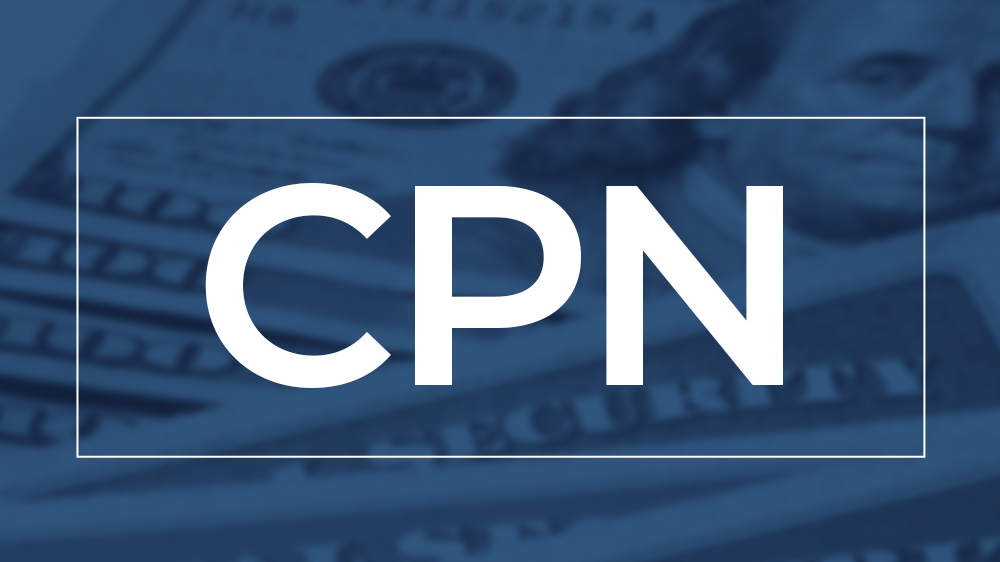Understanding the Concept of a Credit Privacy Number (CPN)
Many individuals with a poor credit score have probably encountered the concept of a credit privacy number (CPN). But what exactly is a CPN and how does it work?
A CPN is often presented as a clean slate; a means to evade the negative repercussions of a low credit score and still be eligible to apply for credit. The promise is enticing – the opportunity to apply for credit facilities such as loans or credit cards even though you have a compromised financial record.
Sounds like a lifesaver doesn’t it? Unfortunately, it’s not all it’s cracked up to be!
This article will delve into the nature of a CPN, explain its functionalities, and highlight why you ought to keep your distance from it.
What is a CPN?
Simply put, a CPN, short for credit privacy number, is a nine-digit identifier that you can use instead of your Social Security Number (SSN) when applying for credit facilities or loans. Though it’s possible to lawfully request a new CPN from the Social Security Administration Office (SSA), the approval process is stringent and requires a highly valid reason. Unfortunately, a low credit score does not meet this criterion. Even if you were to acquire a new CPN, it would still be linked to your previous SSN.
CPNs are generally promoted by businesses as a shiny, new identification number that conceals lousy credit scores from banks or financial bodies. However, CPNs are not a permanent fix to rectify a poor credit score, and acquiring one from any source other than the SSA is categorically illegal. CPNs up for sale are usually dormant SSNs stolen from those who don’t actively use them, such as inmates or children. Essentially, you are exploiting someone else’s SSN and not a newly assigned CPN.
A CPN can also be referred to as a credit protection number or a consumer profile number. If at any point someone proposes these to you, understand that they are merely different names for the same thing.
Is Purchasing a CPN a Wise Move?
The response is a resounding no.
There is no legitimate, lawful justification for procuring a CPN. It’s as straightforward as that.
Neither state nor federal governments legitimize or acknowledge CPNs, thereby making them illegal to utilize for any credit applications.
By substituting an SSN with a CPN in your loan or credit application, you are committing not one, but two federal offenses. One is providing incorrect information on your application, and the other is misrepresentation of your SSN. Either of these actions could lead to severe legal consequences.
How to Avoid CPN Scams
Steering clear of CPN scams is relatively easy if you’re cognizant of warning signs. Companies attempting to sell you a CPN should instantly raise alarm bells. Any assurance of credit card approvals with a new CPN or the capability to refurbish your credit should also be treated with skepticism.
Steer clear of deceptive offers such as “CPN loans”. If you require additional information on credit repair scams and similar deceptions, the Federal Trade Commission has an insightful article worth reading.
CPN Alternatives
Regrettably, there is no magical quick fix to rectify bad credit or conceal it from creditors or banks.
On the brighter side – with time, determination, and self-discipline, it can be reversed and improved upon.
Debt management plays a critical role in rehabilitating your credit. If you’re grappling with debt that seems insurmountable, reach out to one of our Debt Consultants today for a free consultation and explore your options.
